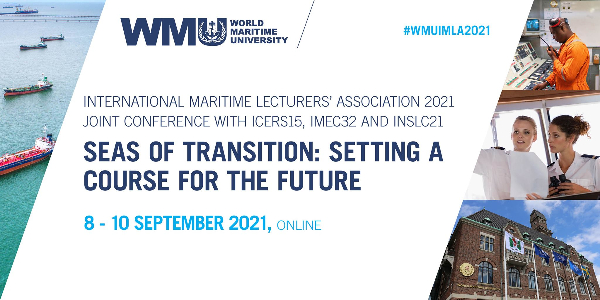Document Type
Paper
Publication Date
2021
First Page
102
Last Page
112
DOI
http://dx.doi.org/10.21677/imla2021.10
Abstract
The purpose of this paper is to explore the idea that a merchant ship aligns with the academic notion of a Community of Practice. Through secondary qualitative research, the paper identifies several characteristics which provide compelling evidence. Young seafarers face multiple challenges joining their first ship, not only in terms of mastering the technicalities of their roles but also in terms of social behaviour and interaction. As anyone contemplating the training of school leavers will realise, the people from whom they learn, will inevitably influence their conduct. Learning on the job is not exclusive to the apprentice. Ship staff will endeavour to learn the techniques of the future role they aspire to, by a similar process. Bandura (2001 p1) asserts that human behaviour may be “shaped and controlled automatically and mechanically by environmental stimuli” and this is a theme referenced by Nthia in her excellent 2018 paper relating the techniques of social learning at sea. Compelling evidence of this type of learning was provided and the next logical step is to pose the question Are ships Communities of Practice? based on the theories of Lave and Wenger (1991). Conclusions suggest the desire to improve is the one characteristic commonly missing.


